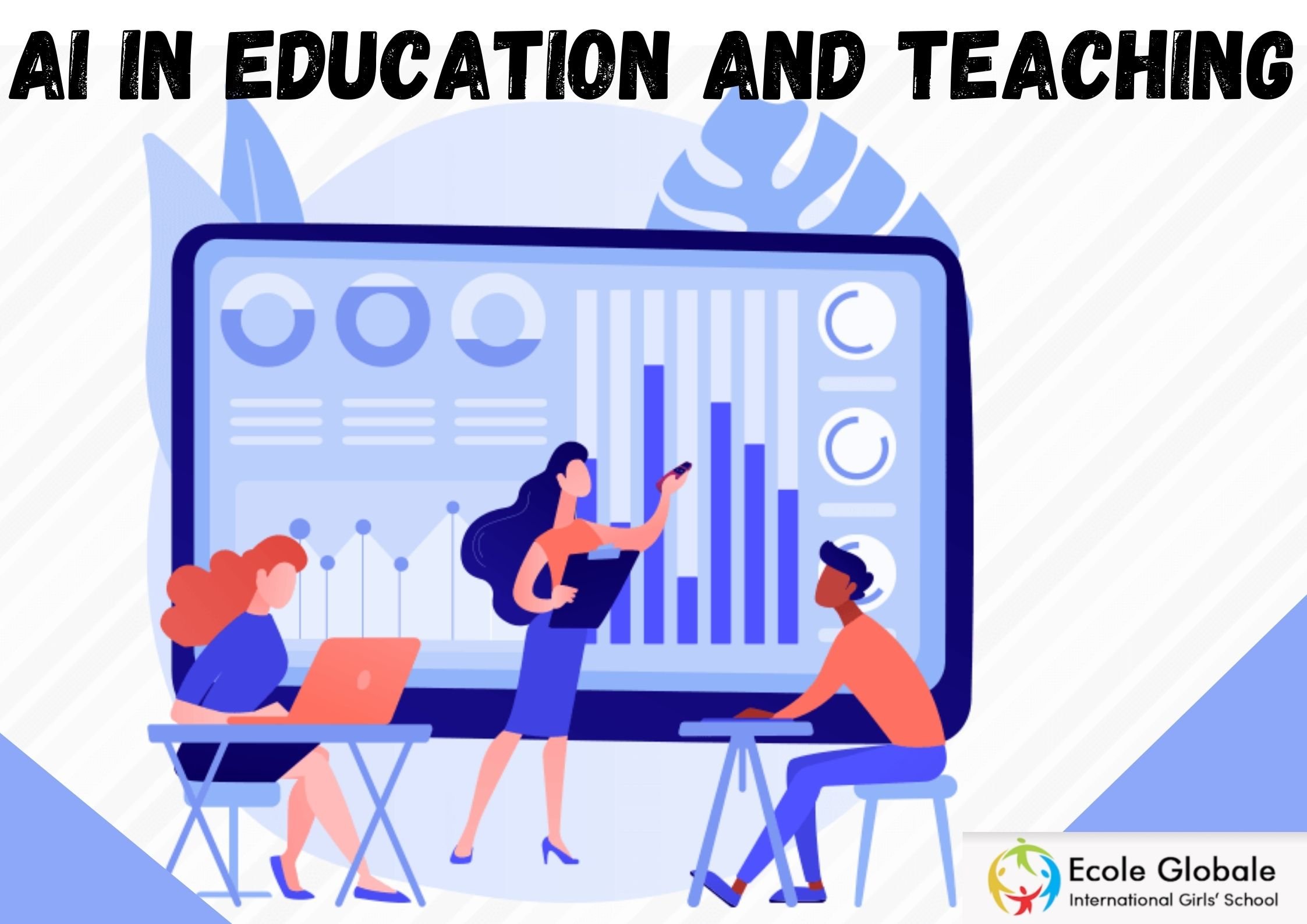For centuries, sci-fi authors, visionaries, and filmmakers have predicted the amazing (and sometimes catastrophic) changes that will occur as artificial intelligence becomes more widespread. AI hasn’t made any such wild waves yet, and it has quietly become ubiquitous in many aspects of our daily lives. The artificial intelligence of one form or another is all around us, all the time, from sophisticated sensors that help us snap great images to automatic parking functions in cars to the often infuriating personal assistants in smartphones. Although we may not even see humanoid robots teaching in the next decade, Artificial intelligence has been used in a number of projects to help students and teachers get more out of their educational experiences. So here are some examples of how those tools, while those that will obey them will form and define the future learning environment.
BASIC EDUCATIONAL TASKS, SUCH AS GRADING, CAN BE AUTOMATED USING ARTIFICIAL INTELLIGENCE
Grading homework and tests for extensive lecture courses in college can be tedious work, even when TAs share it. In even lower scores, teachers frequently find that grading consumes a significant amount of time, time that could be spent interacting with students, planning lessons, or working on professional development. While artificial intelligence may never be able to replace human grading completely, it is getting close. Teachers can already grade practically all types of multiple-choice and fill-in-the-blank tests automatically, and automated grading of student writing may not be far behind. Today, essay-grading technology is still very much in youth and far from perfect, but it can (and will) improve in the future years, allowing professors to devote more time to in-class activities and student involvement rather than grading.
EDUCATIONAL SOFTWARE CAN BE CUSTOMISED TO MEET THE NEEDS OF STUDENTS
One of the most significant ways artificial intelligence will impact education is through the use of higher levels of individualized learning from kindergarten through graduate school. Some of this is already taking place due to the expanding amount of adaptive learning programs, games, and software available. These systems adjust to the student’s demands, putting more emphasis on specific topics, repeating items that students haven’t understood, and overall assisting students in working at their own pace, whatever that may be.
IT CAN HIGHLIGHT AREAS WHERE COURSES CAN BE IMPROVED
Teachers may be unaware of gaps in their lectures and educational materials that cause pupils to be confused about particular subjects. Artificial intelligence provides a solution to this issue. This is something that Coursera, a vast open online course provider, is already doing. When a high number of students submit incorrect answers to a homework assignment, the system notifies the teacher. It sends future students a personalized message with advice on how to solve the problem.
AI TUTORS MAY BE ABLE TO PROVIDE FURTHER ASSISTANCE TO STUDENTS
While there are clear benefits that human tutors can provide that computers cannot, at least for the time being, the future may see more pupils being educated by tutors who only exist in binary. Artificial intelligence-based tutoring applications currently exist and may assist kids with basic math, writing, and other topics.
STUDENTS AND EDUCATORS CAN BENEFIT FROM AI-DRIVEN TOOLS THAT PROVIDE USEFUL FEEDBACK
AI can assist professors and students in creating courses tailored to their specific needs, but it can also provide feedback on the course’s overall success. AI systems are being used by some colleges, particularly those with online programs, to track student progress and warn teachers when there is a problem with a student’s performance. These AI systems enable students to receive the assistance they require and instructors to identify areas where they may improve instruction for students who are struggling with the subject.
IT’S CHANGING THE WAY WE FIND AND ENGAGE WITH DATA
The AI algorithms that influence the information we view and find daily go unnoticed. Google tailors search results to users depending on their location, Amazon tailors recommendations based on previous purchases, Siri adapts to your wants and requests, and practically all web adverts are tailored to your interests and buying preferences. Intelligent systems like this play an essential part in engaging with information in our personal and professional lives. They may soon revolutionize how we access and use data in schools and academics.
IT HAS THE POTENTIAL TO ALTER TEACHERS’ ROLES
Teachers will always have an education part, but the nature of that function and what it includes may alter due to new technology, such as intelligent computing systems. As previously stated, AI can perform tasks such as grading, assist students in improving their learning, and even serve as a substitute for in-person tutoring. However, AI could be applied to a variety of other aspects of education. For fundamental course materials, AI systems might be configured to provide expertise, act as a resource for pupils to ask questions and find answers, and even replace teachers.









